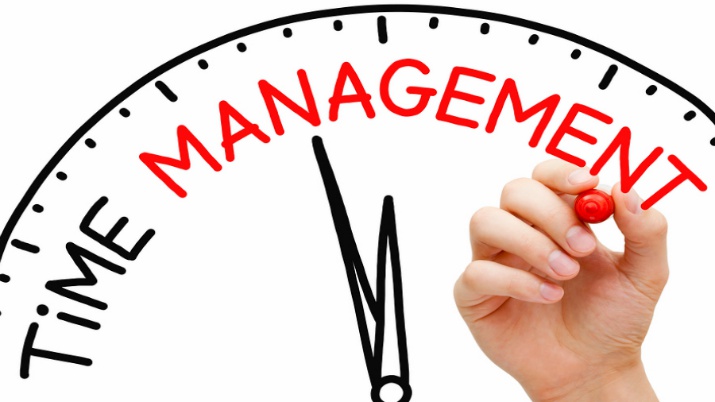If you are a follower of my work, then you probably already know that I promote
energy management above time management. The reason for it is obvious: if you don't have the energy to do what you want to do (or should do, or are expected to do), then it will never work, no matter which time management system or tools you use.
Another advantage of living and working with high energy, is that you will notice very quickly the relativity of time. If you don't have the energy, everything will take much longer. When you are loaded with energy, you can perform much more work in a much shorter time.
However, even when you have the right energy, it might happen that you still have so much to do that you need a structure to get through it.
Read along to discover which questions you can ask yourself to get things done.
The most commonly used time management system is the Eisenhower matrix, which is build around the two axis important/not important and urgent/not urgent.
Do the things that are important and urgent.
Plan the things that are important and not urgent.
Delegate the things that are not important and urgent.
And eliminate the things that are not important and not urgent.
Although there is a lot of truth in this matrix, it's not always easy to decide whether something is important or not. It's even not always clear how urgent 'urgent' really is.
To not get stuck in the matrix, there are a few questions you can ask yourself to get through the endless flow of things that come at you.
The first question you should always ask yourself is whether an action is really required or not.
In too many cases people are working on things that are actually not needed when you can approach it from a different angle or when you look at it from a broader perspective.
This question immediately frees up time, because if no action is needed, you don't have to spend your time on it!
A second very important question to ask yourself is whether you are the most suited person to take the action.
The answer on this question is based on authority, competences level, the hierarchy and functions. If you are not the most suited person, then the action should be transferred to the most suited person.
It can of course happen that the most suited person is not available (because of vacation, sickness, being overbooked by other actions,...). In that case the most suited person can be the second best most suited person. Or if that person is also not available, to the third best, etc. (and of course it can happen that you are the second best person and need to take up the action yourself).
This act of looking for the most suited person is a very important step, because it can reveal an organisational problem. If the most suited person is never available, or doesn't exist, then you don't have a time management problem, but a very clear organisational problem that should be tackled urgently!
An important difference with the Eisenhower matrix is that you are now searching for the most suited person instead of delegating the non-important tasks, which I think is not that nice for the delegate to only receive the things that are not important for you.
A third question to ask yourself about an action for which you are the most suited person, is whether the action can be completed within 1 or 2 minutes or not.
If it can be completed in such a short time, then you shouldn't think about it and just do it!
But keep that time frame very strict 1 or 2 minutes is not 5 and is surely not 10!
All other actions -for which you are the most suited person, and will take more then 1 or 2 minutes to complete- can be planned in the short or in the long term.
The advantage of planned things is that they are manageable, and that it brings rest into the chaos.
So, with this set of 3 questions you will be able to work your way through that endless list of things to do:
- Is an action really required?
- Who is the most suited person to perform the action?
- Will it take me less then 2 minutes to complete it?
The result of going through these questions is that you only do or plan those things that you should really take up. And you can only plan as much as is possible. So when your day or week is completely filled up with the actions that came through the filter of the three question, the next actions will automatically shift to the next available time box.
And by installing and using such time boxes, even for anticipated unforeseen things, you create the structure to deliver at your highest output level.
But don't forget, it all starts with having the right energy level. So you should always work on that first!
Now to make it specific: take some time at the end of the day to create your planning for the next week by filtering everything you think you should do with the 3 questions indicated above. Keep planning until your week is filled up. Where 'filled up' means that you also hold the necessary time for the anticipated unforeseen and recurring events.
You will probably be surprised how much you can achieve in a structurally planned week!
Good luck, and if you keep struggling with getting everything done, then there's probably something bigger at play within yourself or within your organisation, and then it might be interesting to have a chat about that.
Just book a short (re-)connect session with me, and I will be pleased to dive into it with you!

Written by
Dennis Fredrickx, the Business Booster
Dennis helps Ambitious Leaders to reach more in an easier way.
.jpg)



